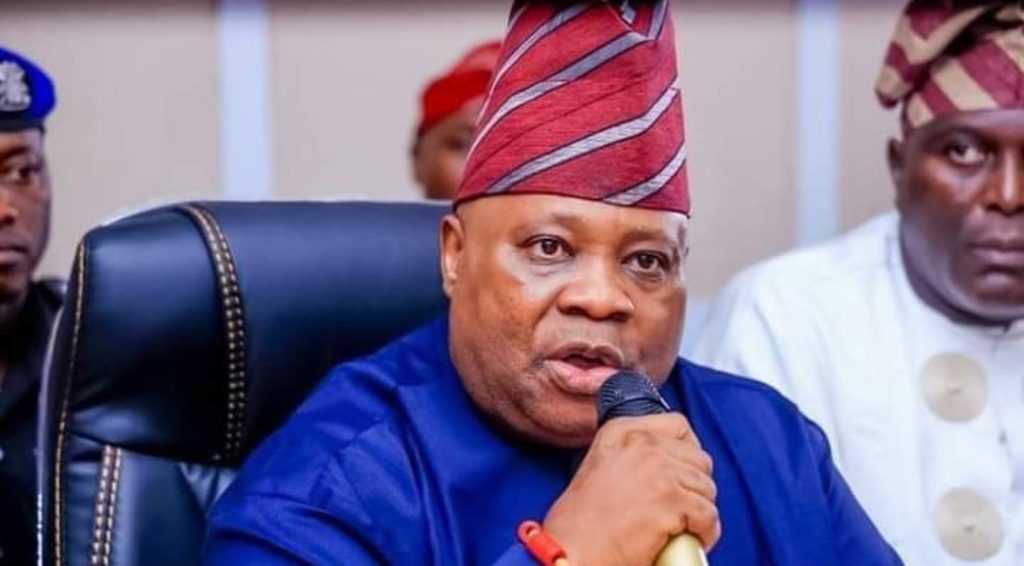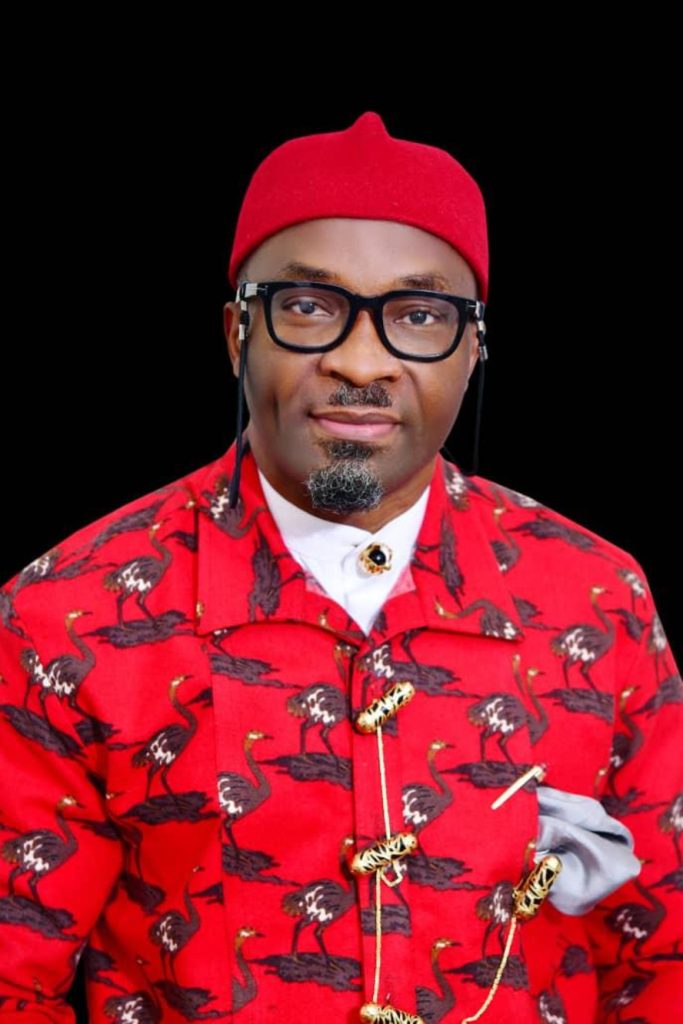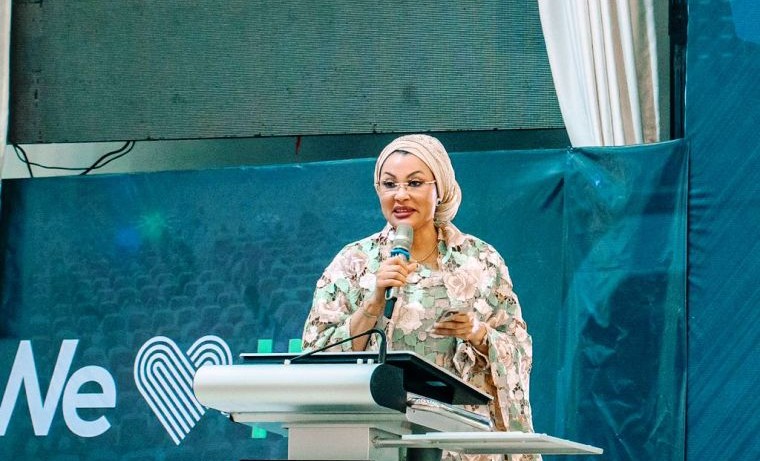Nigerian political heavyweight Rotimi Amaechi, a former Minister of Transportation, has pledged conditional support for the presidential candidate of the opposition African Democratic Congress (ADC) in the next national election, provided the party conducts credible primaries. His remarks add momentum to efforts to challenge President Bola Tinubu’s administration, which he openly criticized as “clueless” during a recent public forum.
Speaking during an online discussion hosted on X (formerly Twitter) titled Weekend Politics, Amaechi declared he would only back an ADC candidate nominated through transparent internal elections. “In a free and fair primary, whoever wins will have my full support. I will be deeply devoted to the campaign and do everything in my ability to help ADC unseat this current government,” he said. While not explicitly announcing his own candidacy, he outlined policy priorities, including scrapping a contentious coastal road project he labeled a conduit for corruption. “I will abandon the coastal road—that road is for stealing,” he asserted.
Amaechi emphasized electoral reform as a cornerstone of his political agenda, vowing to prioritize it within six months if he assumes office. “Electoral reforms are the lowest-hanging fruits for me if I become president,” he stated, though he did not specify details. His comments reflect broader discontent among opposition figures over Nigeria’s electoral processes, which have faced allegations of irregularities in recent polls.
The ADC, a minor party seeking to expand its influence, could gain traction with high-profile defections. Speculation surrounds former Vice President Atiku Abubakar of the Peoples Democratic Party (PDP) and ex-Labour Party presidential candidate Peter Obi, both rumored to be considering ADC tickets. While neither has confirmed such plans, their potential involvement raises questions about opposition coalition-building ahead of the 2027 elections.
Amaechi’s critique aligns with growing scrutiny of Tinubu’s policies, including economic reforms that have exacerbated inflation and widespread hardship. His outspokenness signals a possible shift in alliances within Nigeria’s fractious political landscape, where coalitions often reshape electoral outcomes. Analysts note that his influence as a former governor and key figure in the ruling All Progressives Congress (APC) until 2023 could lend weight to opposition efforts, though ADC’s capacity to unify disparate groups remains untested.
As calls for accountability intensify, Amaechi’s stance highlights simmering tensions within Nigerian politics, where transparency in governance and electoral credibility continue to dominate public discourse.



